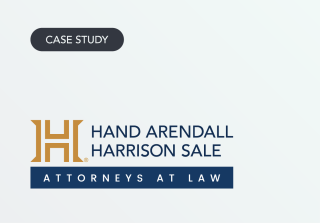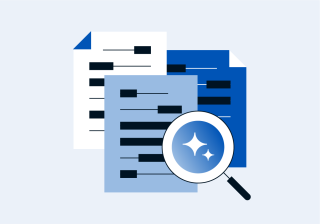Mastering Lawyer and Law Firm Compliance
What does compliance mean in the legal world? For law firms, it involves protecting client data, adhering to privacy regulations, and maintaining ethical standards. For individual lawyers, compliance primarily revolves around meeting Continuing Legal Education (CLE) requirements to stay licensed and uphold professional responsibility.
Understanding these compliance areas is crucial, and leveraging technology can simplify the process. This guide breaks down key compliance considerations and how legal professionals can streamline CLE tracking with the right tools.
Law Firm Compliance: 5 Key Areas to Monitor
While law firm compliance covers various operational risks, the following five areas are particularly critical:
- Data Protection and Security: Law firms handle highly sensitive client information, making cybersecurity essential. A major data breach, like the one that cost British Airways £20 million in fines, highlights the financial and reputational risks of inadequate data protection. Tools like Litera’s Metadact help firms manage and safeguard confidential information effectively.
- Privacy Regulations (GDPR and HIPAA): Firms operating in jurisdictions governed by GDPR (EU) or HIPAA (U.S.) must comply with strict privacy laws to avoid severe penalties. For example, Marriott International was fined £18.4 million after a breach compromised millions of records. Compliance requires thorough policies and secure technology. Tools like FileTrail automate organizational compliance with internal policies, government regulations, and outside counsel guidelines.
- Ethical and Regulatory Standards: Law firms must adhere to ethical guidelines enforced by bar associations. Violations can result in fines, suspension, or disbarment. The Law Society provides detailed insights into lawyers' ethical responsibilities.
- Client Trust Account Management: Mishandling client funds can lead to serious legal consequences. A former Australian paralegal was sentenced to prison after embezzling $1.56 million from a firm’s trust accounts, underscoring the importance of strict financial oversight.
- Record-Keeping and Documentation: Poor documentation practices can expose firms to fraud or compliance violations. Canadian Lawyer reported that a law firm faced legal action after hackers exploited weak record-keeping to misappropriate client funds, reinforcing the need for meticulous documentation policies. Litera’s CAM helps firms seamlessly provision, manage, and move data, unlock insights, while ensuring robust protection.
Lawyer Compliance: The Role of CLE
For individual lawyers, compliance primarily means staying current with CLE requirements. CLE ensures attorneys remain knowledgeable on legal developments, ethical obligations, and industry best practices.
- Why CLE Matters: Most jurisdictions require lawyers to complete a set number of CLE hours per year to maintain their licenses. Non-compliance can result in fines, suspension, or even disbarment.
- Ethical Training in CLE: Many jurisdictions mandate that a portion of CLE hours be dedicated to ethics, reinforcing obligations such as client confidentiality and conflict-of-interest management.
- Jurisdictional Differences: CLE requirements vary widely. Some U.S. states require 12-15 hours annually, while others have biennial or triennial mandates. Additional requirements may include training on diversity, equity, inclusion (DEI), or technology competence.
- Technology and CLE: Many jurisdictions now require lawyers to complete CLE courses on legal tech, cybersecurity, and data privacy, ensuring attorneys understand the ethical use of technology in practice.
Simplifying CLE Compliance with Technology
Tracking CLE requirements manually can be time-consuming and prone to errors. Technology streamlines the process by providing real-time tracking and automated updates.
How Litera Supports CLE Compliance
Litera CLE offers accredited courses that help lawyers meet their CLE obligations while integrating insights from legal technology. Led by industry experts, our courses keep attorneys informed on regulatory changes and best practices, all while enhancing their knowledge of legal tech solutions.
For more information, contact cle@litera.com.
Staying Ahead with CLE Compliance Technology
With evolving regulations, law firms and lawyers must remain proactive about compliance. By leveraging technology for CLE tracking and education, legal professionals can ensure they meet requirements efficiently, avoid penalties, and stay at the forefront of industry advancements.
To explore more about CLE compliance solutions, schedule a demo here.




